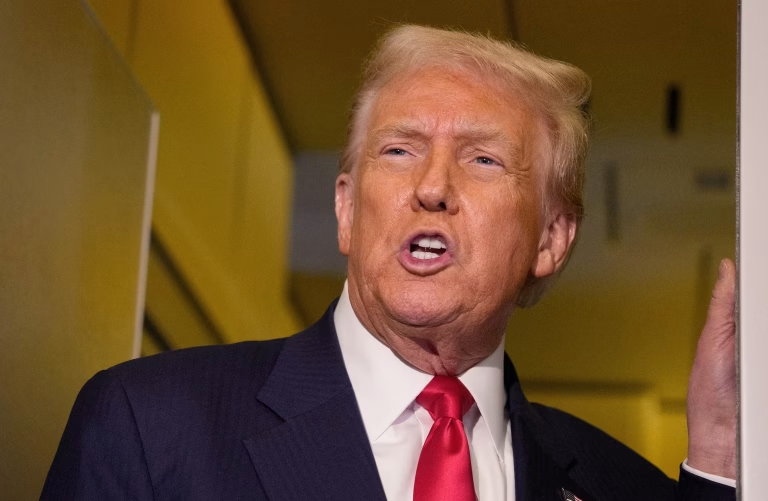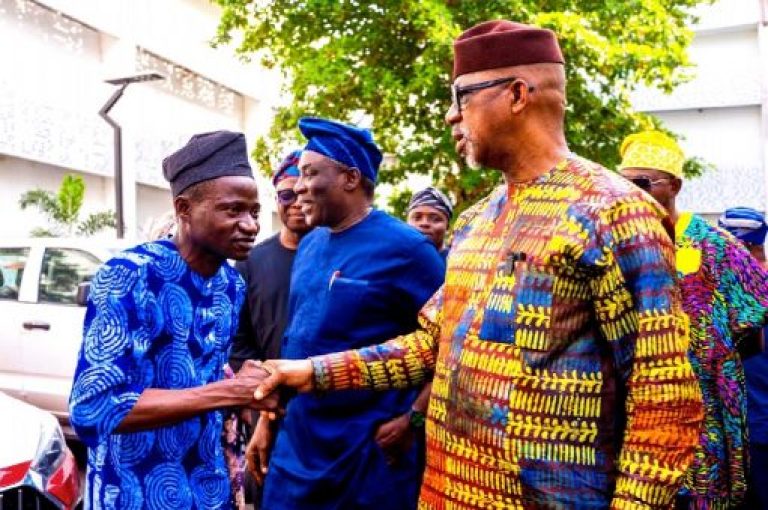
Bismarck Rewane, a famous economist, claims that unless the costs of staple foods like rice, bread, and garri decrease, Nigerians will be uninterested in budgetary data.
In a live appearance on Channels Television today, Rewane—the Managing Director of Financial Derivatives Company Limited—made this known.
“Budgetary arithmetic, budgetary mathematics in economics is ultimately useless until, say, six months from now, we’re purchasing rice for N40,000 per bag instead of N60,000 per bag, or bread for N900 per huge loaf instead of N1,300 per loaf, as we are doing now. We can save money on garri if we shop around.
Balanced budgets and debt levels are irrelevant to the public. In what ways does the budget influence their ability to make a living? That is fundamental.
Among other things, President Bola Tinubu promised increased access to social security, less poverty, and micro-economic stability in his first budget presentation to the National Assembly on Wednesday, outlining a projected N27.5trn 2024 budget.
Among his top concerns, he listed safety, developing human capital, reducing poverty, creating local jobs, ensuring a stable macroeconomic climate, and social security.
In his budget speech, the president set many targets: N9.92trn for recurrent non-debit expenditure, N8.73trn for capital expenditure, N8.25trn for debt service, N18.32trn for revenue, N7.83trn for new borrowings, and N9.18trn for the deficit.
“Mental Health Issues in Low-Income Areas”
People are more concerned with seeing the tangible results of the government’s economic policies than they are with abstract numbers, according to Rewane’s final study of the budget proposal.
He continued by saying that the high poverty rate is “driving people mad” and that “people are under tremendous pressure” due to rising prices.
There has been an upsurge in the number of insane people, and poverty is a contributing factor, as you will see on the streets of Lagos in particular. Lots of problems with mental health. People are absolutely devastated. Some of them cross the street while the car is driving.
“The effect must be felt by the people. Ten or twelve percent of GDP, or N27 trillion, will not be enough to make a difference; more is required. How much more is going to be added? That money will come from investors, and those investors will come here when they know their money is secure, the place is clean, and the future is bright.
The economist warned that “honesty is in short supply” and urged the government of Nigeria to be forthright with the people about the country’s economic situation.
He thinks people should stop acting joyful all the time. You may make up news, but wealth is impossible to fake, he declared.








